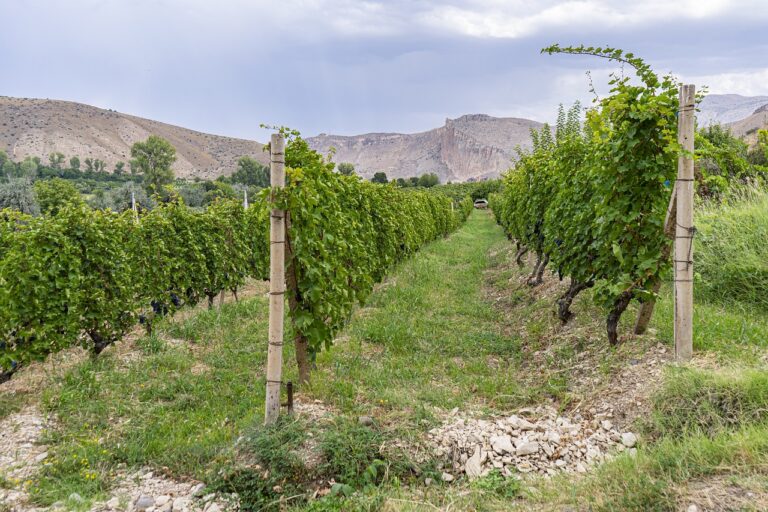Sustainable Accommodation Options: Eco-Friendly Hotels and Lodges
The use of energy-efficient lighting and appliances in hotels is becoming increasingly common as businesses strive to reduce their carbon footprint and appeal to environmentally conscious guests. By implementing motion sensors, LED lights, and low-flow plumbing fixtures, hotels can significantly reduce their energy and water consumption, thus contributing to a more sustainable environment. In addition to these measures, many hotels are also adopting recycling programs and composting initiatives to minimize waste production and promote responsible waste management practices.
One of the key eco-friendly practices that hotels are embracing is the incorporation of locally sourced and organic ingredients in their meals and beverages. By supporting local farmers and producers, hotels not only reduce the carbon footprint associated with food transportation but also provide guests with fresh, environmentally friendly dining options. This farm-to-table approach not only benefits the environment but also contributes to the local economy, creating a win-win situation for both the hotel and the community.
Green Building Certifications for Hotels and Lodges
When it comes to green building certifications for hotels and lodges, one of the most well-known programs is LEED (Leadership in Energy and Environmental Design). This certification system evaluates various aspects of a building’s sustainability, including water efficiency, energy usage, materials selection, and indoor environmental quality.
Another important certification to consider is the Green Key Eco-Rating Program, which focuses on environmental responsibility in the hospitality industry. By meeting specific criteria related to energy conservation, waste management, and overall environmental management, hotels and lodges can earn a Green Key certification, demonstrating their commitment to sustainable practices.
What are some eco-friendly practices commonly implemented in the hospitality industry?
Some common eco-friendly practices in the hospitality industry include energy conservation, water conservation, waste reduction and recycling, use of environmentally friendly cleaning products, and promoting sustainable transportation options for guests.
What are the benefits of obtaining green building certifications for hotels and lodges?
Green building certifications can help hotels and lodges reduce their environmental impact, attract eco-conscious travelers, improve operational efficiency, and save money on utility costs in the long run.
What are some popular green building certifications available for hotels and lodges?
Some popular green building certifications for hotels and lodges include LEED (Leadership in Energy and Environmental Design), Green Key, EarthCheck, and Green Globe.
How can hotels and lodges apply for green building certifications?
Hotels and lodges can apply for green building certifications by meeting the specific criteria and requirements set forth by the certifying organization. This often involves implementing sustainable practices in areas such as energy efficiency, water conservation, waste management, and indoor air quality.
Are green building certifications mandatory for hotels and lodges?
Green building certifications are not mandatory for hotels and lodges, but they are highly encouraged as they demonstrate a commitment to sustainability and environmental responsibility. Additionally, obtaining a green building certification can give hotels and lodges a competitive edge in the market.





